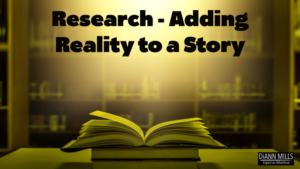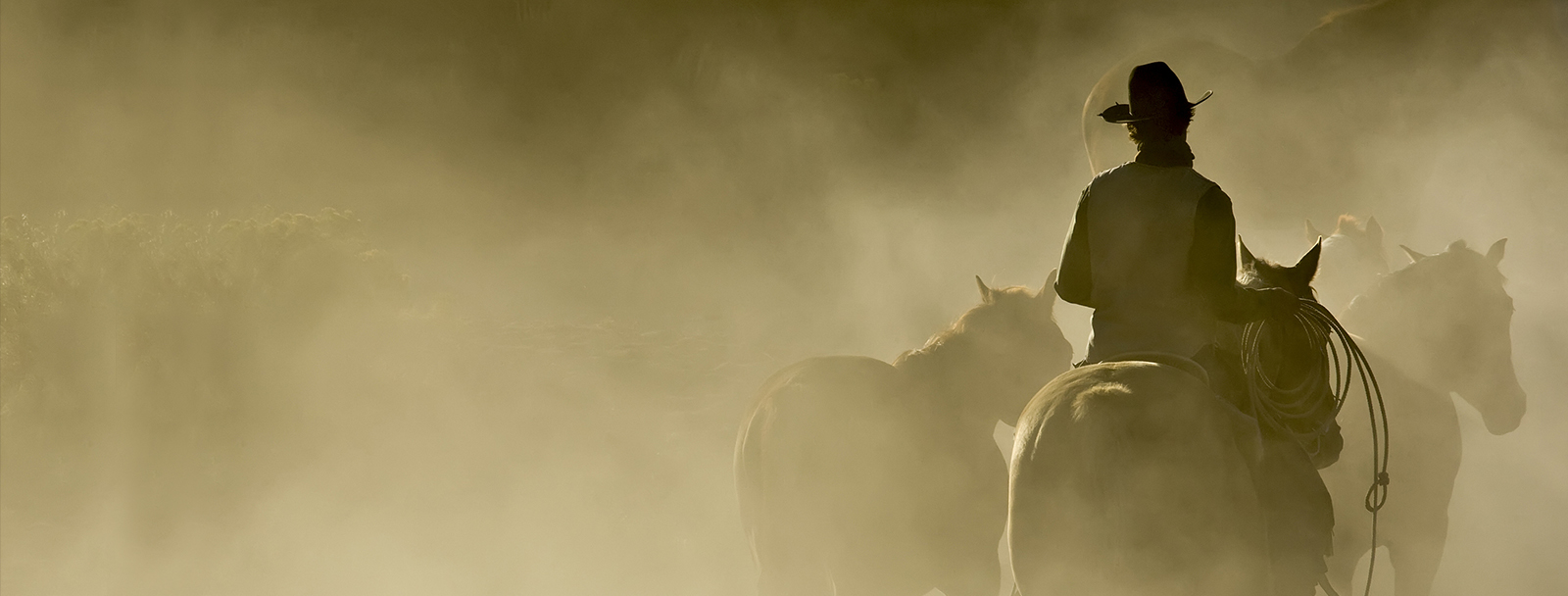
We’ve been in a series on Writing Obstacles where we’ve discussed areas that can cause us to stumble while trying to get our story out. We’ve discussed finding the time to write. Do I have the talent to write? Am I perfectionist in my writing? How do I build a believable story world? You can find these on my website.
The area I want to discuss today is research, gathering the background material to make my story believable and engaging. I’ve attempted to write such a blog. Then I discovered a blog on this very subject written by one of my best writing friends, DiAnn Mills. When I was first starting out, DiAnn mentored me and helped grow into a published author.
Today, she has graciously allowed me to share her recent blog on research. She does it so well.
Thank you, DiAnn.
You can learn more about DiAnn at her website, http://diannmills.com/
Research – Adding Reality to a Story
By DiAnn Mills @DiAnnMills
Writing and research go hand in hand for a credible story. If a manuscript isn’t accurate, the reader will recognize the flaw and toss the book aside. If a writer is spot-on, the extra work rewards them with outstanding reviews and more readers. Sort of a no-brainer for us writers.
How do we conduct our research to add reality effectively and efficiently?
Focus: List what is needed for the writing project in chronological order. This includes setting, characters, dialogue, culture, topic, interviews, and plot points.
Develop: What specialty people need to be contacted to ensure reliable information. Create a list of questions. Many of my books contain characters who have chosen the FBI as their career. Several years ago, when I wanted to use an FBI character, I phoned Houston’s FBI and asked to speak to the media coordinator. That resulted in a friendship that continues today. She answered questions (and cleared me), gave me ideas, invited me to attend the FBI Citizens’ Academy, which provided facts for credible stories. I now also have a contact in the FBI Headquarters DC office who answers my questions.
In addition, I attended Houston’s ATF (Alcohol, Tobacco, and Firearms) Citizens’ Academy with the same amazing results.
During my writing career, I’ve journeyed to Southern Sudan, ridden the line with the US Border Patrol, interviewed treasure hunters, Texas Marshals, and countless other professionals to add reality to my stories. These people love to talk about what they do. They also want the public to have accurate information for community support beyond the often-fictionalized TV, movie, and book depictions. And I’ve never been turned away. Well, there was that one time, but we’ll not go into that—LOL.
The following questions and suggestions help me focus, develop, and map out my books. If you are a writer, these may help you too.
- Visit the area’s chamber of commerce.
- Conduct a web search of the area. Some apps will help you with this: Google Maps, Google Earth, Weather Bug, or travel sites that can be found via apps or websites.
- Take or download more pictures/videos than you think you’ll ever use. *Remember if online images are used beyond personal research, use pixabay.
- Interview people living in the area. For a historical setting, this also means reading diaries and journals. How has history affected the community?
- Listen to how local people talk. Do they use a distinct vocabulary? Journal these distinctions. Ask permission to record dialogue for later playback.
- What are the community’s values and expectations for life and for each other?
- What is their diet? How much of their food supply is local?
- How is the area governed?
- What are the local hotels? Restaurants? What’s featured on the menus? Any daily specials?
- What are the sources of entertainment?
- How do the residents celebrate holidays?
- Does the community have special festivals?
- How does the area experience the seasons, and what are average temperatures?
- What are the medical concerns? What kind of medical care is available?
- In what kinds of homes do they live?
- Where do they shop?
- How do the people dress?
- Do the arts play a vital role in the community?
- How do locals view education, sports teams, and favorite colleges?
- How do the residents earn a living?
Other Considerations
- If the area is near a national or state park, look for research material in the visitor centers.
- Discover the wildlife and birds of the region.
- Study the types of trees and wildflowers.
- Locate a map of the area.
- Visit the local library. View newspaper archives.
- Is there a museum in the region that you can visit?
- Does politics play a role?
- What churches and other religious affiliations are in the area?
- Look for documentaries about the area.
- What are the people’s joys?
- What do people fear?
When writers are cognizant of what they need to make a manuscript zip with authenticity, readers clamor for more.
What have you found most helpful in doing research? Any tips or resources you want to share?

No comments yet.